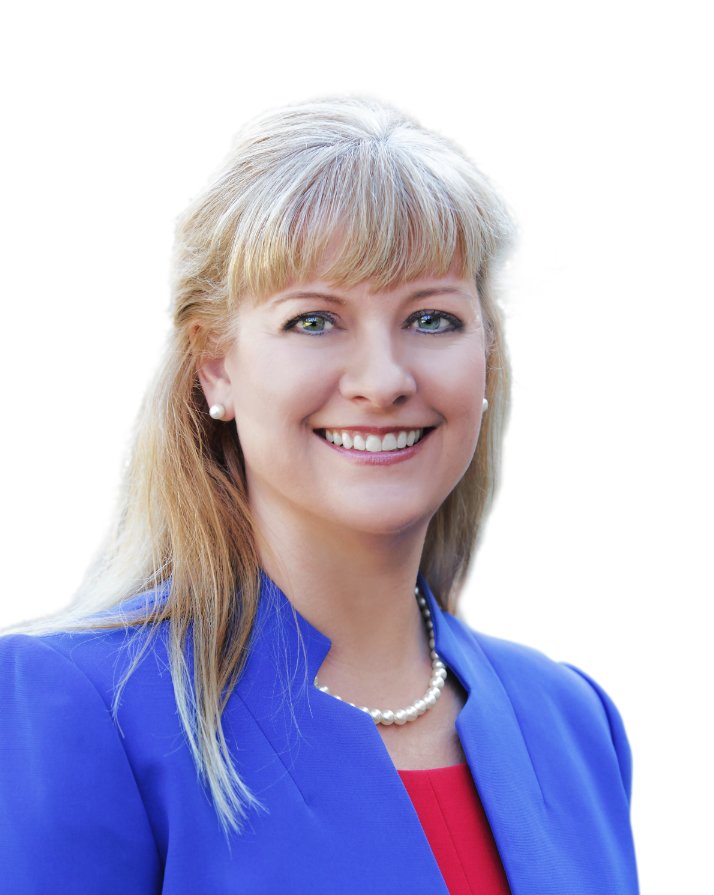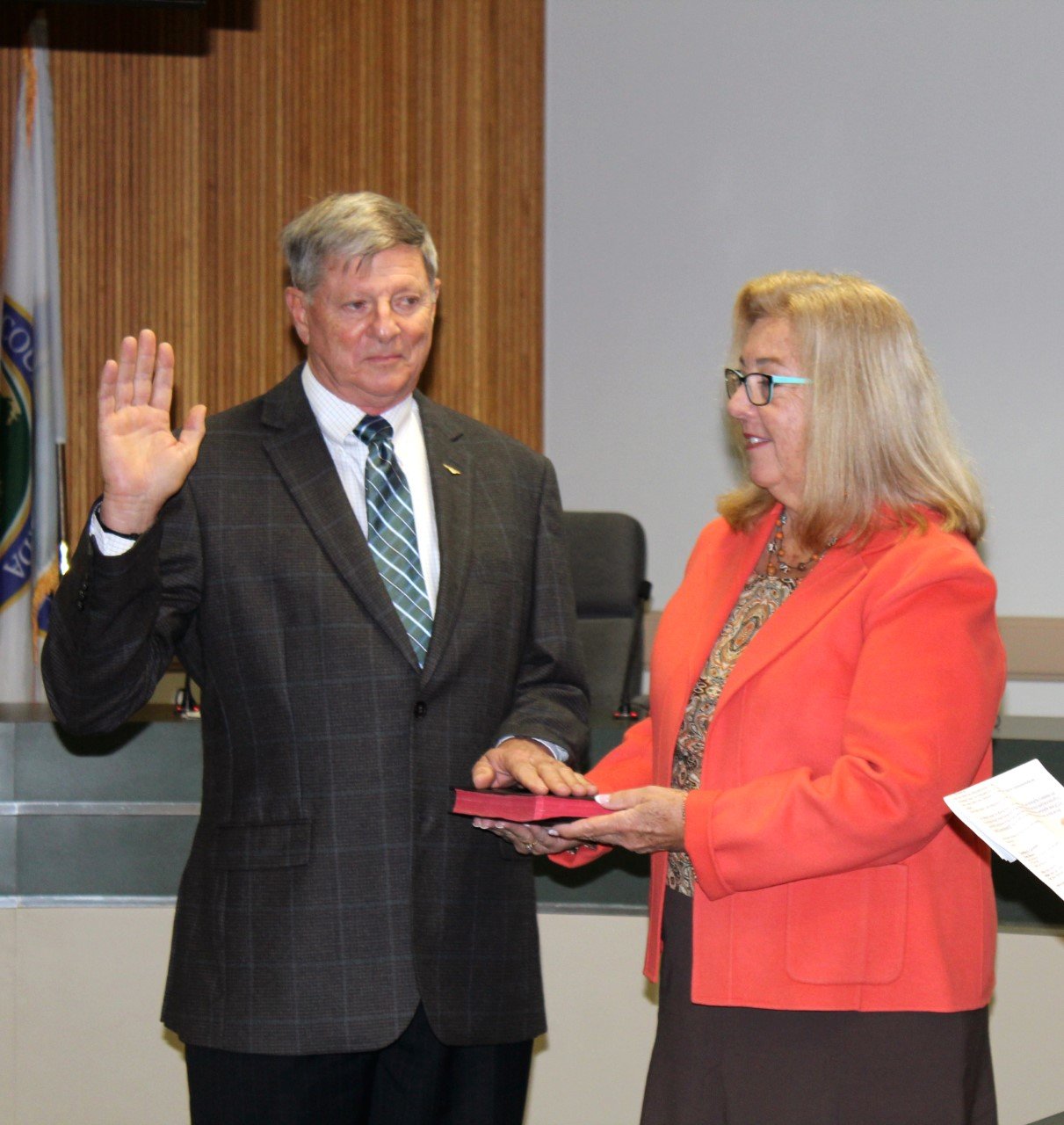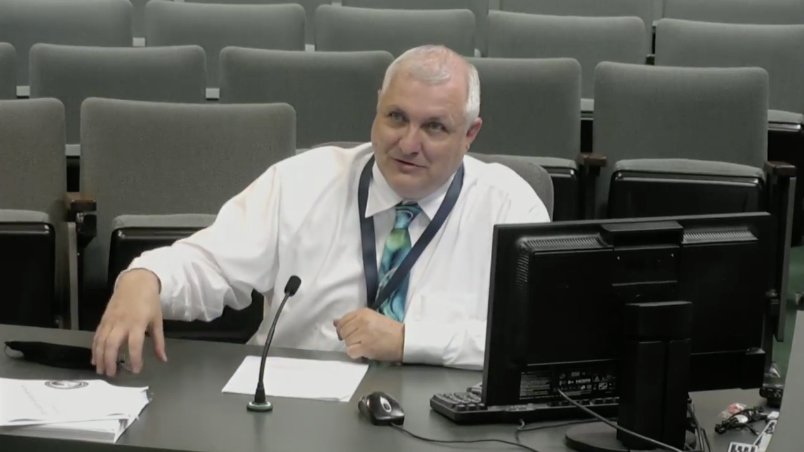County moves forward on business tax; holds off on utility tax talk
GREEN COVE SPRINGS – Two taxes were in the early stages of discussion at Tuesday’s Board of County Commissioners meeting and one is closer to becoming an ordinance.
A utility tax can be levied …
This item is available in full to subscribers.
Attention subscribers
To continue reading, you will need to either log in to your subscriber account, or purchase a new subscription.
If you are a current print subscriber, you can set up a free website account and connect your subscription to it by clicking here.
If you are a digital subscriber with an active, online-only subscription then you already have an account here. Just reset your password if you've not yet logged in to your account on this new site.
Otherwise, click here to view your options for subscribing.
Please log in to continueDon't have an ID?Print subscribersIf you're a print subscriber, but do not yet have an online account, click here to create one. Non-subscribersClick here to see your options for subscribing. Single day passYou also have the option of purchasing 24 hours of access, for $1.00. Click here to purchase a single day pass. |
County moves forward on business tax; holds off on utility tax talk
GREEN COVE SPRINGS – Two taxes were in the early stages of discussion at Tuesday’s Board of County Commissioners meeting and one is closer to becoming an ordinance.
A utility tax can be levied by municipalities and charter counties. The tax did not receive a consensus from commissioners to take the next step.
Clay County currently has a 4% tax on electric and gas, with no tax on water. Alachua, Duval and Volusia counties charge the maximum 10% for some categories, officials heard.
According to county figures, a rise from 4% to 10% in the electric tax could trigger an increase from about $4.2 million to $10.5 million in revenue, while a similar raise for gas potentially would cause revenues to grow from about $150,000 to $376,000.
There is close to $1.76 million to be gained by maxing out water to 10%.
Assistant County Manager Troy Nagle said the potential revenue could be used to offset property value swings, address infrastructure and broadband, or used for critical services.
Commissioner Betsy Condon said property values are increasing rapidly. She cited the ever-increasing cost of gas and other necessities as to why the taxes shouldn’t be raised. Commissioner Jim Renninger said he wouldn’t want the water tax raised, but elevating the electric tax was acceptable. He said he wanted to align with the rest of the region.
“We’ve got to do something to resurrect that revenue stream in the future,” Renninger said.
Commissioner Mike Cella said he saw the need for the taxes, but added he was hard pressed to increase it right now and he wanted to see how a few bills played out at the state level.
“It’s my feeling you shouldn’t mix electricity and water,” he said to laughs from the audience.
Officials then turned to a potential business tax, which would be a fee charged for any business, profession or occupation in the county. Examples from St. Johns and Duval counties were presented, where the entities charged $11-$30 depending on the business’ classification.
County Attorney Courtney Grimm noted that the town of Orange Park, Green Cove Springs and Keystone Heights have taxes on businesses at differing levels.
Nagle outlined the benefits and impacts. He said a business tax could improve zoning and code enforcement, assist emergency agencies and allow for a better enforcement of the sales tax through the Department of Revenue.
“This is not a mechanism to shut down businesses or to preclude a business from doing business in Clay County,” Nagle said.
Cella wanted to know the amount of money it could generate and said he’s sensitive to businesses in municipalities that already pay more.
“I would be in favor of moving forward and seeing how that would be implemented,” he said.
Establishing and verifying a list of county businesses is a potential gain from a business tax. Renninger said it’s a shortcoming that the county can’t verify its businesses and Burke added that a small fee isn’t a large problem.
Condon asked what an existing business owner would get from this and said she wanted the language to be clear.
“If we’re going to do this, it almost seems like a money grab from our businesses and I would say, for what?” Condon asked.
County staff was given the go ahead to give the business tax language to commissioners at a future meeting.













